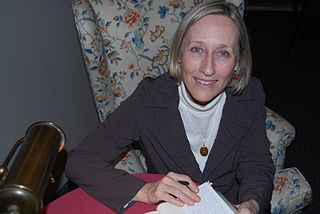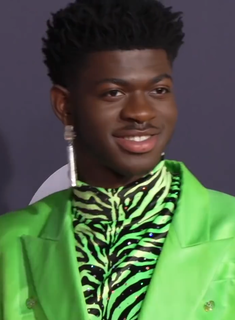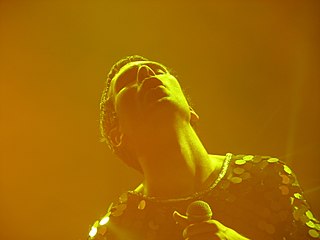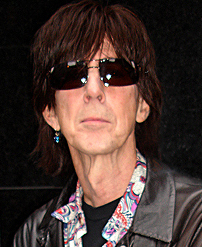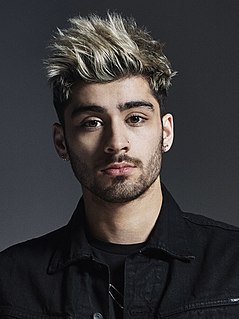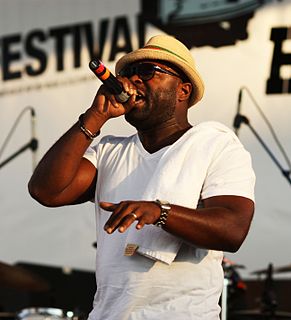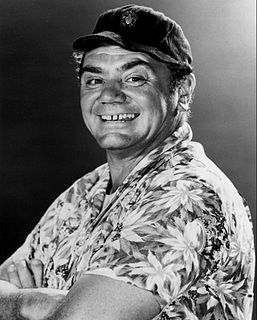A Quote by John Lasseter
Every technology that comes into filmmaking is first a gimmick. Think about sound with 'The Jazz Singer' or the first colour or surround sound - it takes a while for filmmakers to understand how to use it.
Quote Topics
Related Quotes
After finishing the first draft, I work for as long as it takes (for two or three weeks, most often) to rework that first draft on a computer. Usually that involves expansion: filling in and adding to, but trying not to lose the spontaneous, direct sound. I use that first draft as a touchstone to make sure everything else in that section has the same sound, the same tone and impression of spontaneity.
When we sit in meditation and hear a sound, we think, 'Oh, that sound's bothering me.' If we see it like this, we suffer. But if we investigate a little deeper, we see that the sound is simply sound. If we understand like this, then there's nothing more to it. We leave it be. The sound is just sound, why should you go and grab it? You see that actually it was you who went out and disturbed the sound.
Think of the sound you make when you let go after holding your breath for a very, very long time. Think of the gladdest sound you know: the sound of dawn on the first day of spring break, the sound of a bottle of Coke opening, the sound of a crowd cheering in your ears because you're coming down to the last part of a race--and you're ahead. Think of the sound of water over stones in a cold stream, and the sound of wind through green trees on a late May afternoon in Central Park. Think of the sound of a bus coming into the station carrying someone you love. Then put all those together.
Yeah, with 'NASARATI,' that was my first project. I really worked literally three days on it, writing on the beats and putting it together. I'm not saying that I don't love the mixtape, but it was really my first, first move in rap. I tried to make sure everything sound different, so you hear no two songs and think they sound alike.
There's a difference between writing, the written word, and music. When you have the blank page it doesn't make a sound, which is like what happens to me every night when I'm playing. There is that crazy moment: the first mark you make on the page. But sound can inspire sound, in a way that words can't inspire words - at least for me. The nature of sound itself is still a huge mystery to me. I'm very happy about that.
I think I understand what bands want, just from having made records myself. I understand what it takes to get a good vocal sound, or to make people comfortable in the studio. From minor things like their headphone mix - and if a singer's singing, how they should hear themselves - to how to make people feel that they're getting exactly what they want. All those things, I think, are an advantage, especially the part about having done it myself. I'm not just an engineer who records the sounds well. I'm not afraid to take chances.
We needed to make a sound that's not gonna fit in with everything else - we wanted to make something that was completely unique and individual to us. We spent a lot of time trying to make a sound that was a One Direction sound. At first it was quite hard to do that, but I'm really happy with the sound.
There was something really wonderful about being able to feel confident about doing my first exhibition in China, that people would have no trouble recognising the images and understanding my work. I also have a lot of freedom in the way I use colour, and I think that kind of freedom in colour is also understandable in every culture.
A lot of people forget that today. They come to the point where you walk on a set and the first thing you know you're looking at the sound man and you're saying to yourself, "How the hell can they get any sound when nobody is talking!" They get all mumbly. You can't make out what they're saying! And you're 6 feet away from them! Whereas in the old-time movies, you hear them, you understand every word they're saying, and you didn't have to put on your loudspeaker.





